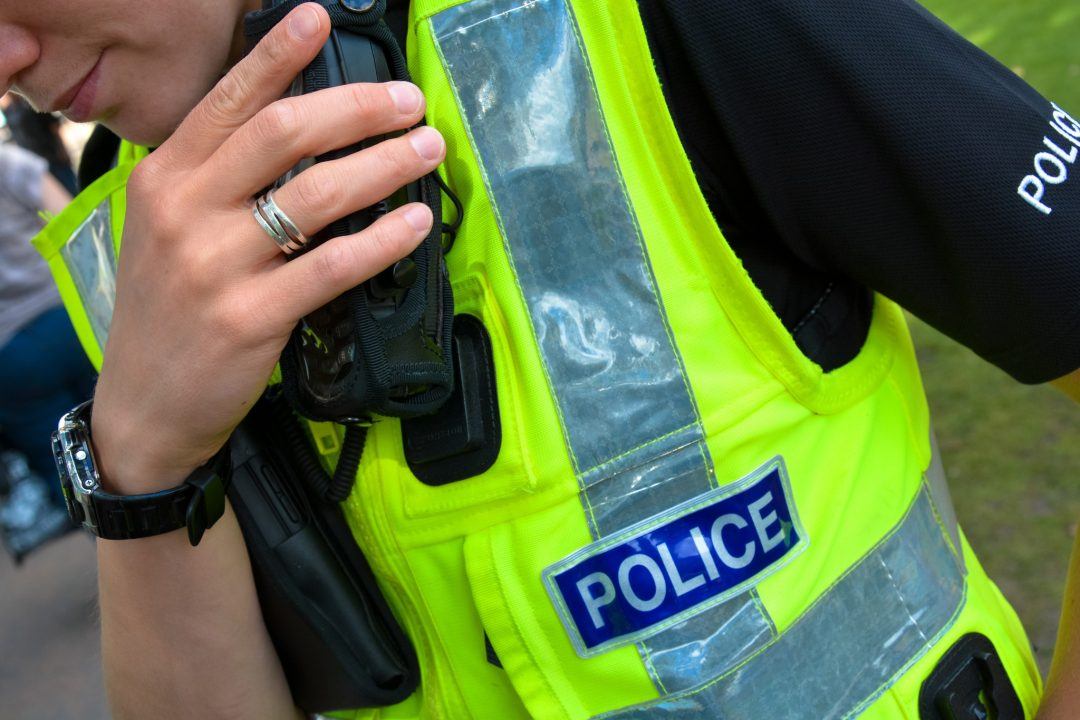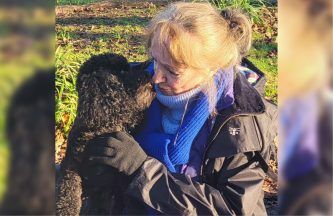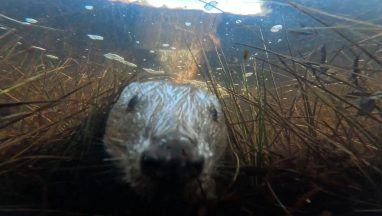Searches by Police Scotland officers will be carried out on the basis of biological sex following a ruling by the Supreme Court.
The Supreme Court ruled in April that the words “woman” and “sex” in the Equality Act 2010 refer to a biological woman and biological sex.
This means it does not extend to a trans woman with a gender recognition certificate (GRC).
The judgment came about after a challenge to the Scottish Government by For Women Scotland.
Police Scotland has now issued interim guidance on searches of trans people and by transgender officers.
The guidance states that officers and staff will undertake all searches, whether in custody or as part of a stop and search interaction, which involve the removal of more than a jacket, gloves, headgear, or footwear, on the basis of biological sex.
If an individual whose gender differs from their biological sex is subject to search and asks to be searched by an officer of their gender identity, the force says efforts will be made to ensure an appropriate officer conducts the search “where this is operationally viable”.
In these circumstances, the search will require the written consent of the authorising officer (of the minimum rank of inspector), the transgender person to be searched, and the particular officer who will conduct the search.
Police Scotland officers can refuse to search a transgender detainee under the guidance.
Transgender detainees will also be given the option to ask for a separate area search depending on their anatomical presentation.
If there are no officers willing to conduct a search in line with the person’s gender identity, the detainee will be supervised until a suitable officer is found.
If a willing officer is not found within a “reasonable time” or the “risk is deemed to be too great”, a search will be carried out by an officer of the same biological sex of the detainee.
The guidance states that a conversation should be undertaken by the detainee to establish biological sex, but if the individual does not engage, a search will be carried out in line with their documentation or presentation until biological sex is established.
In addition, transgender officers will only search in line with their biological sex.
They can also be exempt from searching.
A transgender officer can search a transgender detainee if they are of the same biological sex, but if they are of different biological sexes, both parties would need to consent to the search.
Detainees are able to refuse to be searched by a transgender officer, in which case the officer would be swapped out.
Police Scotland says it has developed the guidance following advice from its legal team and human rights advisor Jane Gordon, as well as engagement with relevant business areas, staff associations, trade unions and the Scottish Government.
Assistant chief constable Catriona Paton commented: “This is a complex and important area of policing, and searching members of the public is a significant intrusion of their personal liberty and privacy.
“It is critical that as an organisation, Police Scotland continues to fulfil its legal duties as well as ensuring officers and staff feel confident that they are conducting searches lawfully.
“While the guidance will bring clarity to both our colleagues and members of the public, we are acutely aware of the impact and depth of feeling around this issue, both among the transgender community and those who hold gender critical views.
“Our priority continues to be ensuring that in all our interactions we police and make decisions in line with our service values of integrity, fairness, respect, and upholding human rights.”
The force has said the interim guidance will be kept under review as it awaits the publication of revised national guidance.
Follow STV News on WhatsApp
Scan the QR code on your mobile device for all the latest news from around the country


 Police Scotland
Police Scotland























